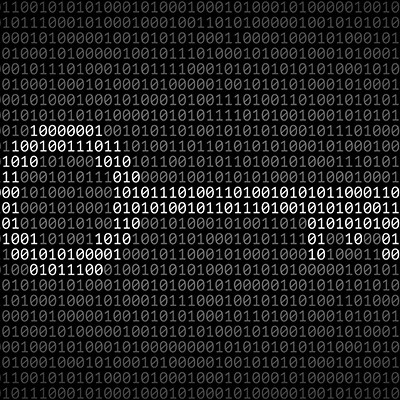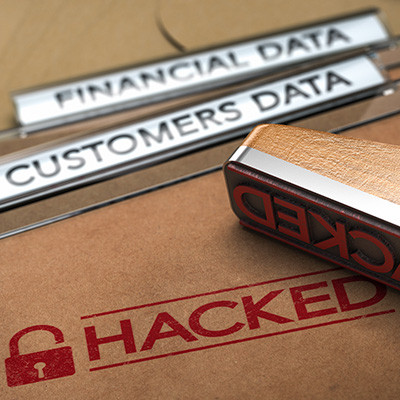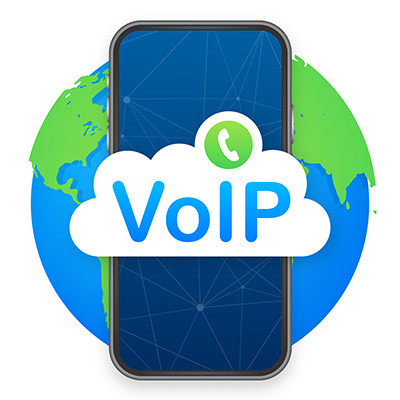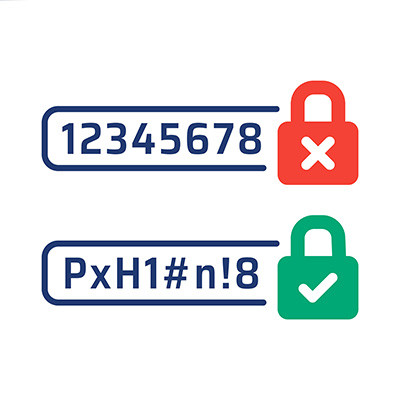Data backup is a must-have for every business, but it isn’t enough to just copy your data. You will need to have a data recovery strategy in place to ensure that your business can effectively respond after a data loss incident. Today, we’ll take a look at why considering your recovery strategy early is important, and how to prioritize it with everything else going on with your business.
Apex Technology Blog
The modern threat landscape is vast and unpredictable, and even if you think you know enough about cybersecurity to protect your business, we bet that you don’t. It’s not even just in the business world, either; individuals also struggle against cyberthreats, and so too do IT administrators. The next couple of weeks will be dedicated to cybersecurity to get across everything you need to know about it.
A lot of the time, user productivity is just about getting down to business. Sometimes, however, there are simply just too many different tasks to complete and it can bog down the production process. One way that users can use Windows to help them manage tasks is through the use of virtual desktops. Users can utilize multiple desktop experiences to separate the myriad of things they need to do. For today’s tip, we tell you how to utilize multiple virtual desktops in Windows 11.
Whether you love them or hate them, passwords serve an important purpose in the realm of cybersecurity. They are the first line of defense against potential threats, yet they are also notoriously easy to crack. Some of the biggest names in technology have been working on ways to get around the challenges presented by password security, including one that we are excited to highlight in today’s blog.
The keyboard that you may very well have used to access this blog is, in a word, gross. While we aren’t going to go into too much detail about what makes keyboards so grimy, we did want to outline how you can easily clean up your keyboard every so often, just to make sure that it’s A: more hygienic, and B: less likely to malfunction at some point.
Most modern organizations will have digitized their businesses to at least some degree without really putting much effort or thought into it. This massive and often unconscious change has created a lot of benefits for businesses with perhaps one of the most overlooked benefits being document digitization. Today, we want to discuss the great benefits that come from this initiative and why you should consider it.
It hasn’t been very long since T-Mobile experienced its latest major hack, but unfortunately, here we are again. Hackers have again accessed customer data, with 37 million customers being affected amongst both their prepaid and subscription-based accounts.
Let’s dive into the situation, and what can be learned from it.
Our blog last week covered how patience is an important part of the most successful and productive employees’ arsenal. This week, we want to cover how you can help your employees be more patient. If you know someone in your office who could take things down a notch, this is just the blog for you with four suggestions that might do the trick.
Ah, the business telephone solution. You know you need it, but you dislike working with your current telephone provider for a number of reasons. You know you can get a better deal if you look around, but we bet that the best deal around is a hosted Voice over Internet Protocol solution from Apex Technology. How can our VoIP solution save your business time, energy, and resources?
AI has been a hot topic in recent months and years, which only makes sense. Not only has it been used in more public applications, but it has also caused a bit of controversy as it seems to “compete” with people. Back in September, art made by using an artificially intelligent platform caused a stir by winning an art competition, and workplace fears of a computer taking one’s job have seemingly become more well-founded than ever.
Most people are capable of productivity, but sometimes it can come a bit harder for some than for others. If you find your staff have difficulty with consistency and productivity, we aren’t here to tell you methods for increasing their productivity; rather, we want to introduce a concept that is often overlooked when trying to get the most out of your team, and is a trait often found in the most productive people, and that is patience.
For many years now, there’s been a bit of a fear of AI—artificial intelligence—in the workplace, all while it has been put into practical use more and more often in many businesses. This all ties back to the work of Alan Turing, who (amongst his accomplishments in computing) created what we know as the Turing Test as a means of gauging how intelligent a computer is.
For a long time, businesses that didn’t have any cybersecurity problems would never consider investing in additional cybersecurity tools. The decision-makers of these companies simply didn’t find it necessary; and many of them had a point (until they didn’t). Today’s threat landscape is much, much more complex than it was only a few short years ago and therefore businesses need to make a point to set up the security tools that will help them secure their network and infrastructure from threats. Let’s take a look at some strategies that work to help modern businesses secure their digital resources:
Social media can be remarkably overstimulating, and for some users this is a problem which is difficult to navigate without giving it up entirely. If you want a nice middle-ground to terminating your account entirely, you can instead curate your news feed by unfollowing accounts that don’t enrich your day. Let’s go over how you can do this.
Simple passwords are often the bane of a business’ existence. If you routinely use strings like Password, 123456, Guest, or Qwerty to secure an account, then you need to reexamine your password practices before they lead to a data breach. A good password can go a long way toward helping you in this effort.
It’s a technology-driven world. We are surrounded by technology all the time, and some people literally couldn’t do what they do without it. More than would admit, anyway. So with all this technology all over the place, are we happier? This is a big question. Far bigger than we have time for in this blog, but we thought we would unpack the question a little bit and discuss some elements of this new technology-run society that can give us some insight into people’s feelings.
We get it—nobody likes to think about the prospect of being impacted by a cybersecurity incident, but it’s like any other unpleasant event in that it is best to prepare for it. In fact, today’s businesses can invest in a cyber insurance policy to help prepare for such an eventuality.
Let’s go over some of the ins and outs of cyber insurance so that you are prepared to make the best choice of provider for your business.





























